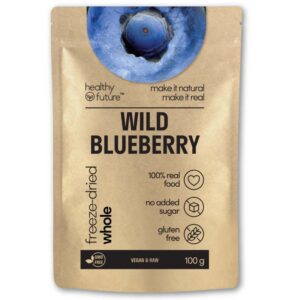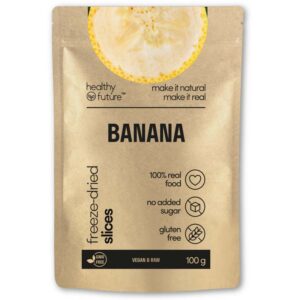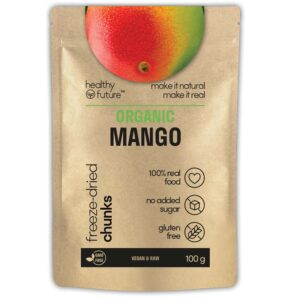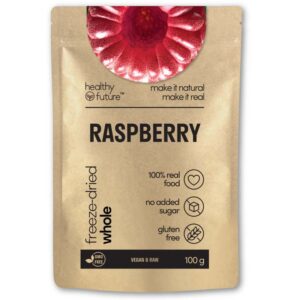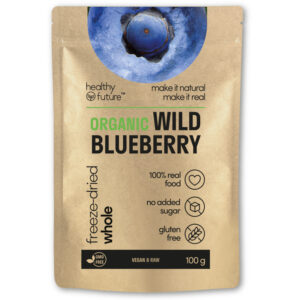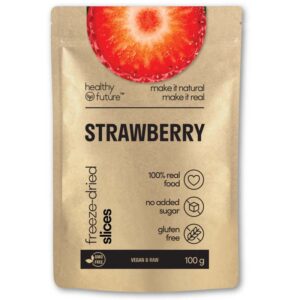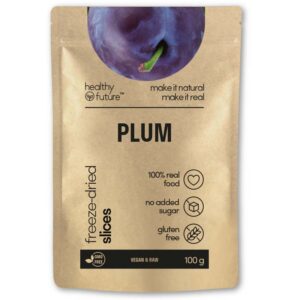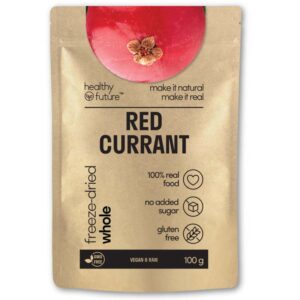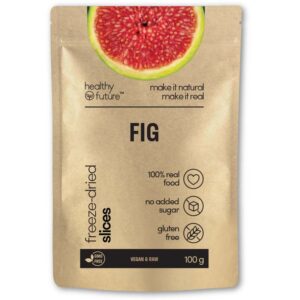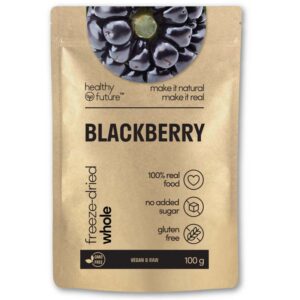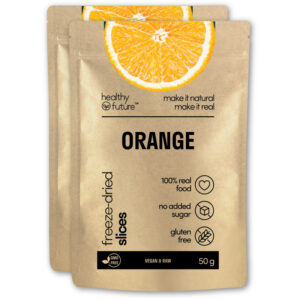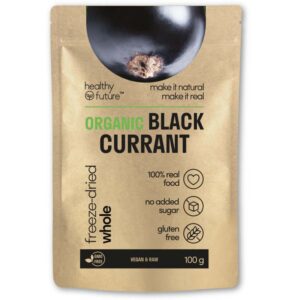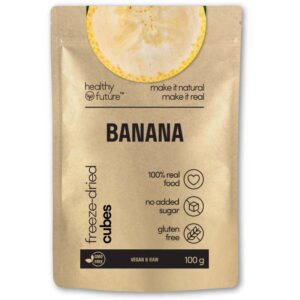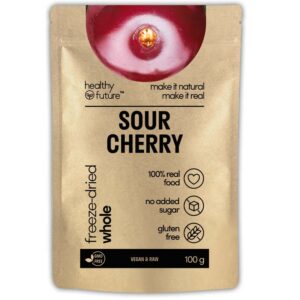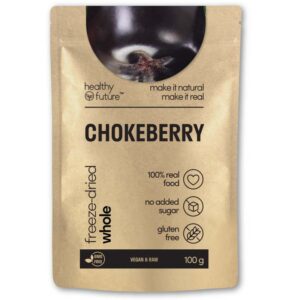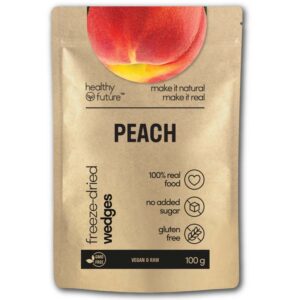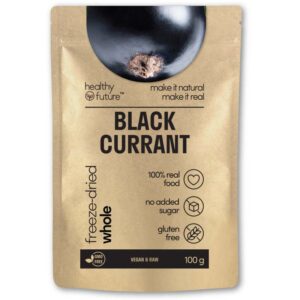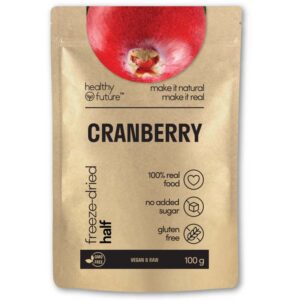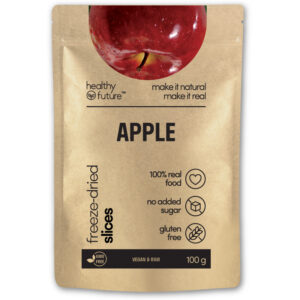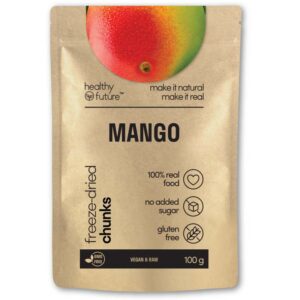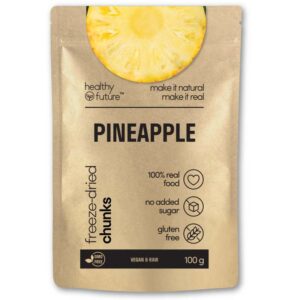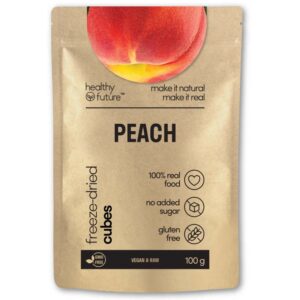
Keto diet food
Ketogenic diet
The ketogenic diet is a high-fat, low-carbohydrate, moderate-protein eating plan that causes your body to switch from burning glucose as your primary energy source to burning fat. This metabolic change has a huge impact on health. The risk factors associated with chronic disease suddenly disappear. Carbohydrate consumption is minimized, allowing the body to use its stored fat reserves to produce energy.
Ketone bodies
During this process, the liver converts some fats into a unique form of fuel: ketone bodies, also known as ketones. Under normal circumstances, few ketones circulate in our blood, but during ketogenic diet, the ketone levels rise to an extent with healing properties. Ketones are considered a super fuel for the body because they are a more efficient source of energy than glucose.
Keto diet - indications
The ketogenic diet has been proven to be useful in treating a wide range of medical conditions and problems, including the following:
– epilepsy,
– depression,
– migraine,
– Alzheimer’s disease,
– Parkinson’s disease,
– stroke,
– autism,
– sleep disturbances,
– diabetes,
– metabolic syndrome,
– obesity and overweight,
– cancer,
– digestive system ailments.
Before starting a keto diet, always consult your doctor (healthcare professional)! It is very important.
Keto diet effects
When the body is supplied with energy from ketones and fats, changes begin to occur – blood pressure normalizes, cholesterol and triglyceride measurements improve, sugar and insulin levels drop, hormonal balance returns, chronic health problems begin to disappear.
Keto diet and brain
The effects of the ketogenic diet are most impressive in brain condition. Regardless of whether you are old or young, a diet can help you maintain your mental health and protect you from memory loss and cognitive decline in old age.
There have also been successes in reversing the effects of major degenerative brain diseases such as Alzheimer’s, Parkinson’s and stroke. Not surprisingly, the keto diet works for these conditions as it was originally designed to treat a serious brain disorder – epilepsy.
Types of keto diets
The classic ketogenic diet is very restrictive. 90% of caloric intake is covered by fat consumption, and carbohydrate consumption is reduced to just 2%. As such, the diet was developed about 90 years ago for the treatment of epilepsy.
Today, there are many varieties and modifications of the keto diet, and obtaining energy from fat has been reduced to approximately 75-80%. By keeping the proteins unchanged, this leaves more space for carbohydrates. It is also worth noting that not every low-carbohydrate diet is a ketogenic diet.
Keto diet and carbohydrate level
Each body can handle a given amount of carbohydrate in a ketogenic diet differently. Especially in the beginning, the best way is to measure blood ketones up to several times a day. Based on the results, you will be able to determine individually what consumption of carbohydrate is right for you, so as to keep the level of ketone bodies at the appropriate, healing measures.
During a ketogenic diet, blood ketone levels should range from 0.5 mmol/L to 3.0 mmol/L. It is best to take measurements with a good-quality ketometer. It is a device similar to a blood glucose meter used to measure blood glucose levels.
Keto diet foods
A healthy ketogenic diet is basically a vegetable-based diet fortified with good fats and adequate protein sources. This diet completely eliminates junk food that promotes poor health. Used appropriately, it can be a lifelong companion.
The most popular high-fat products recommended on a ketogenic diet include:
– avocados,
– fish and meat,
– eggs,
– cheeses,
– nuts and seeds,
– nut butter and tahini,
– ghee / butter,
– olives,
– coconut (especially raw coconut oil),
– dark chocolate,
– cold-pressed oils.
Ideally, these products should be organic – especially meat, fish, eggs, and dairy products. In relation to the oils, coconut oil is the most valuable. It has been proven that it contains the valuable MCT (Medium-chain triglycerides) fatty acids, which can be easily converted into ketones in the liver.
Veggies recommended on keto diet
To provide the body with the necessary nutrients, it is recommended on keto diet that a large part of the plate consist of vegetables with a low carbohydrate content.
Keto friendly veggies include:
– lettuce,
– kale,
– spinach,
– cabbage,
– broccoli,
– cauliflower,
– cucumber,
– courgette,
– eggplant,
– asparagus,
– onion,
– garlic,
– green spices: parsley, dill and chives.
Especially kale and spinach are worth paying attention to – they are classified as superfood products. You can read more about the health properties and nutritional values of kale and spinach here.
If you do not have access to fresh veggies, we recommend their freeze-dried form – they preserve up to 95% of the nutritional value of fresh vegetables.
Fruits allowed on keto diet
It is worth enriching the ketogenic diet with good-quality low-carbohydrate fruits. This will allow us to provide the body with valuable nutrients that we cannot find in high-fat products.
By consuming low-carbohydrate fruits on ketogenic diet, we will provide our body with primarily valuable minerals and vitamins, as well as antioxidants, i.e. ingredients with a strong anti-cancer effect and slowing down the aging process. Moreover, the fruits are rich in antiviral, anti-inflammatory, antibacterial and antifungal compounds.
For these reasons, adding keto friendly fruits may provide you with quite a lot benefits. Of course, you should always be moderate in the amount of these fruits you consume! Just because a particular fruit is allowed on the keto diet doesn’t mean you can consume as much as you want! Such fruit should always be a side dish, not a substitute for the main course.
The most common fruits allowed on keto diet are:
– raspberries,
– wild blueberries,
– strawberries,
– blackberries.
Some sources also indicate that in addition to these fruiuts listed above, being on a keto diet you can also eat:
– grapefruits,
– lemons,
– plums,
– cranberries,
– peaches,
– sour cherries,
– red currant,
– black currant,
– chokeberry,
– kiwi,
– gooseberry.
Please be mindful that to get the best keto diet effect, keto friendly fruits should be eaten in moderate amounts!
Freeze-dried fruit on ketogenic diet
In our store you can find most of the keto friendly fruits in a freeze-dried form – this means you can enjoy them all year round! You won’t find any additives in freeze-dried fruits – these are only pure fruits, retaining almost all the values of fresh fruit.
Find out more about the freeze-drying process here.
Even our freeze-dried cranberries do not contain an added sugar! Check it out for yourself!
Keto friendly fruits and veggies
Keto friendly freeze-dried fruits and veggies currently available in our store are as follows:
– freeze-dried spinach,
– freeze-dried kale,
– freeze-dried chives,
– freeze-dried dill,
– freeze-dried parsley,
– freeze-dried strawberries,
– freeze-dried wild blueberries,
– freeze-dried raspberries,
– freeze-dried blackberries,
– freeze-dried peaches,
– freeze-dried sour cherries,
– freeze-dried cranberry,
– freeze-dried chokeberry,
– freeze-dried black currant,
– freeze-dried red currant.
You can find out more about health benefits of fruits and vegetables here.
Guilt-free food for taste!
- Quick View
- Select options This product has multiple variants. The options may be chosen on the product page
- Quick View
- Select options This product has multiple variants. The options may be chosen on the product page
- Quick View
- Select options This product has multiple variants. The options may be chosen on the product page
- Quick View
- Select options This product has multiple variants. The options may be chosen on the product page
- Quick View
- Select options This product has multiple variants. The options may be chosen on the product page
- Quick View
- Select options This product has multiple variants. The options may be chosen on the product page
- Quick View
- Select options This product has multiple variants. The options may be chosen on the product page
- Quick View
- Select options This product has multiple variants. The options may be chosen on the product page
- Quick View
- Select options This product has multiple variants. The options may be chosen on the product page
- Quick View
- Select options This product has multiple variants. The options may be chosen on the product page
- Quick View
- Select options This product has multiple variants. The options may be chosen on the product page
- Quick View
- Select options This product has multiple variants. The options may be chosen on the product page
- Quick View
- Select options This product has multiple variants. The options may be chosen on the product page
- Quick View
- Select options This product has multiple variants. The options may be chosen on the product page
- Quick View
- Select options This product has multiple variants. The options may be chosen on the product page
- Quick View
- Select options This product has multiple variants. The options may be chosen on the product page
- Quick View
- Select options This product has multiple variants. The options may be chosen on the product page
- Quick View
- Select options This product has multiple variants. The options may be chosen on the product page
- Quick View
- Select options This product has multiple variants. The options may be chosen on the product page
- Quick View
- Select options This product has multiple variants. The options may be chosen on the product page
- Quick View
- Select options This product has multiple variants. The options may be chosen on the product page
- Quick View
- Select options This product has multiple variants. The options may be chosen on the product page
- Quick View
- Select options This product has multiple variants. The options may be chosen on the product page
- Quick View
- Select options This product has multiple variants. The options may be chosen on the product page





